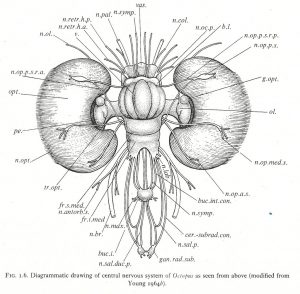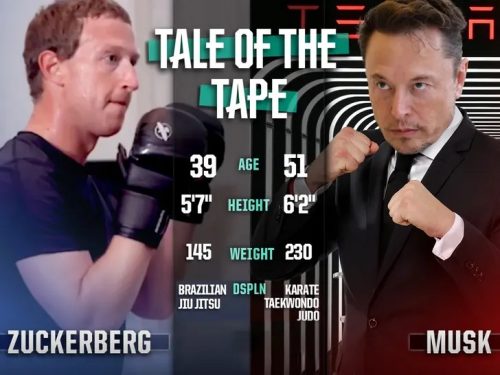Surprise. Candace Owens, the anti-Semitic conspiracy theorist, has been fired by Ben Shapiro, the Jewish conservative weirdo. I suspect there were irreconcilable differences.
The feud began last November when Owens tweeted that “no government anywhere has a right to commit a genocide.” While she did not specifically mention the State of Israel, her remarks were widely condemned by her fellow conservative media figures. Soon after, Shapiro publicly called Owens’ behavior “disgraceful” and chided her “faux-sophistication” on the Israel-Hamas conflict.
Days later, their feud became even more personal. Owens posted to X a series of Bible verses suggesting “you cannot serve both God and money.” That pointed remark was viewed by many as a not-so-subtle use of the antisemitic “dual loyalty” trope against Shapiro, who responded: “Candace, if you feel that taking money from The Daily Wire somehow comes between you and God, by all means quit.” Owens hit back that her boss was “utterly out of line” and “acting unprofessional and emotionally unhinged for weeks now.”
That same week, Owens appeared for a friendly interview on Tucker Carlson’s web show, where she lamented Shapiro’s “ad hominem attacks” and said she would not respond to him on a “level of intellect” because “there’s nothing that he has expressed… that he fundamentally disagrees with in terms of what I said.” Carlson agreed, taking issue with how Shapiro had skipped past saying “‘I don’t think she’s correct’ or ‘Maybe she doesn’t know what she’s talking about,’” and went straight to labeling her “absolutely disgraceful.”
I don’t care for either one’s opinions, they’re both stupid and annoying. But at least there was some entertainment value in watching them shred each other.










